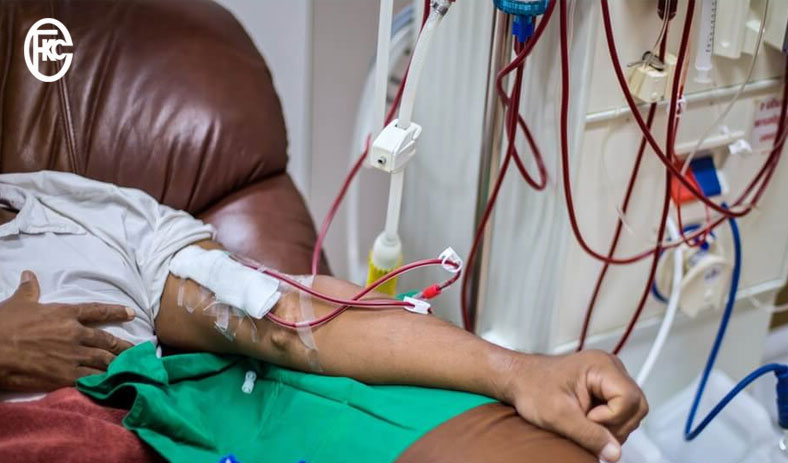
Overview:
At-home hemodialysis represents a significant shift in the management of chronic kidney disease, offering patients increased flexibility and autonomy compared to traditional in-center treatments. However, the success of this home-based therapy heavily relies on the active involvement and support of caregivers. Caregivers play a multifaceted role in ensuring the efficacy and safety of at-home hemodialysis, encompassing a range of responsibilities from technical support to emotional encouragement.
Support and Responsibilities of Caregivers
1. Technical Assistance and Training: One of the primary roles of caregivers is to assist patients with the technical aspects of hemodialysis. This includes helping with the setup of the dialysis machine, ensuring all connections are secure, and monitoring the equipment during treatment. Caregivers often receive training from healthcare professionals to handle these tasks effectively and troubleshoot any issues that arise.
2. Monitoring and Maintenance: For monitoring the patient’s vital signs and the dialysis process caregivers are responsible during at-home hemodialysis. This involves checking for any signs of complications such as infection at the catheter site, air bubbles in the lines, or issues with blood flow. Regular maintenance of the dialysis equipment is also crucial, including cleaning and disinfecting components as recommended.
3. Health and Safety Oversight: Caregivers play a critical role in overseeing the overall health and safety of the patient. This includes monitoring for symptoms of complications like hypotension or clotting, ensuring adherence to dietary and fluid restrictions, and managing any side effects or symptoms that may arise during or after treatment. They must also be vigilant about infection control practices to prevent complications.
4. Emotional Support and Encouragement: Beyond the technical and medical aspects, caregivers provide invaluable emotional support. At-home hemodialysis can be physically and emotionally challenging, and caregivers offer encouragement, motivation, and companionship.
5. Coordination with Healthcare Providers: Effective communication between caregivers and healthcare providers is essential for the successful management of at-home hemodialysis. Caregivers are often responsible for keeping track of medical appointments, ensuring that lab tests are conducted as needed, and communicating any concerns or changes in the patient’s condition to the healthcare team.
6. Educational Role: Caregivers must stay informed about the intricacies of at-home hemodialysis and the patient’s specific treatment plan. This involves ongoing education about the dialysis process, potential complications, and the patient’s individualized care needs. Caregivers should also be aware of emergency procedures and know when to seek medical assistance.
7. Administrative Duties: Managing the logistics of at-home hemodialysis often involves handling various administrative tasks. This can include ordering supplies, managing prescriptions, and keeping records of treatment sessions and patient health data. Effective organization and attention to detail are essential to ensure the smooth operation of home dialysis.
Conclusion:
Caregivers are integral to the success of at-home hemodialysis, providing a comprehensive support system that encompasses technical, medical, emotional, and administrative aspects. Their involvement not only facilitates the smooth operation of the dialysis process but also significantly enhances the quality of life for patients undergoing this intensive treatment.